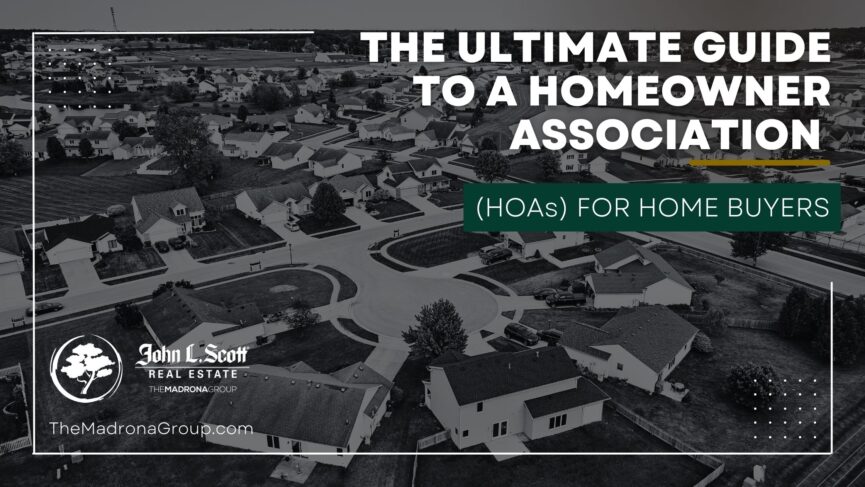You’re on the brink of finding your dream home, and the excitement is palpable. But hold on, there’s a critical element that often goes unnoticed in the home-buying frenzy: The Homeowner Association, or HOAs.
These enigmatic entities can either be your best ally or a constant source of frustration, depending on your grasp of how they work. This guide is your compass to navigate the intricate landscape of HOAs, unravel their mysteries, and empower you with the knowledge necessary to make informed decisions regarding your future home. From eye-opening statistics to real-life anecdotes, we’ve got your back. So, fasten your seatbelt as we embark on a journey through the intricacies of HOAs.
Did you know that a whopping 74% of homes built after 2000 are part of an HOA? That’s a substantial slice of the real estate pie!
Let’s consider a real-world scenario: Sarah, an enthusiastic homebuyer, discovered her ideal condominium in a gated community. Everything seemed perfect until she received a notice imposing a hefty fine for painting her front door a shade different from the approved color palette. Frustrating, right? Yet, that’s just the tip of the iceberg. HOAs wield significant power, and without the right knowledge, you might find yourself in a similar predicament.

What is a Homeowner Association or HOA?
HOA, which stands for homeowner association, is a private organization and the governing body of a subdivision, condominium or townhouse complex, or any planned development. It is run by a board of volunteers who are residents of the community. The HOA makes and enforces the rules for the properties and their residents, helps manage, organize, and preserve the community, as well as protects and increases property values.
If you become a homeowner in a neighborhood with an HOA, you automatically become a member. This means you’ll agree to their terms, owe them monthly or yearly payments, and be able to enjoy the shared amenities and services they provide.
How Does an HOA Work?
HOAs usually form when a community is built. When a developer acquires land for a planned community, they create the homeowners association and then hand it off to the people who buy houses in that community. The homeowners vote for a board of directors to run the association.
The board:
- Decides on the community’s features and services
- Collects monthly, quarterly, or annual fees to cover the expenses
- Sets community rules and standards
These rules are described in a governing document called a Declaration of Covenants, Conditions, and Restrictions or CC&Rs.
Although some states have statutes that govern how HOAs run, most states do not oversee or control how HOAs function. Instead, many homeowner associations are governed through voting and member participation.
Condos vs. Standalone Homes for Home Buyers
When it comes to understanding the role of Homeowners Associations (HOAs) for home buyers, recognizing the difference between an HOA in a condominium (condo) and an HOA in a standalone home neighborhood is crucial.
- In a condo complex, the HOA predominantly focuses on managing shared spaces, external structures, and amenities, often providing a relatively low-maintenance lifestyle for condo owners. This means that condo buyers benefit from the HOA’s oversight of common areas, but they also pay higher monthly fees to support these services.
- In contrast, standalone home HOAs have a narrower scope, typically managing individual houses and maintaining community-wide elements such as streets and landscaping. Homeowners in standalone neighborhoods have more control over their property’s maintenance but often forgo extensive shared amenities.
For home buyers, this distinction offers a choice between two lifestyles.
- Condo living provides convenience, shared amenities, and reduced exterior maintenance, making it appealing for those who prefer a more hands-off approach to property management.
- On the other hand, standalone homes within HOAs offer greater autonomy and control over property upkeep, often with lower monthly fees.
By understanding these differences, home buyers can align their preferences and priorities with the type of HOA that best suits their lifestyle and homeownership goals.
5 Crucial Things to Know Before Buying a Home in a Neighborhood with an HOA
Living in a community run by a Homeowner Association (HOA) has its own set of advantages and considerations. Here, we delve deeper into five crucial aspects you should thoroughly understand before you buy a home in an HOA-managed neighborhood:
1. Understand the CC&Rs (Covenants, Conditions, and Restrictions)
Every HOA has a set of rules and regulations that residents are obligated to follow. These rules are often encapsulated in a document called the CC&Rs, short for Covenants, Conditions, and Restrictions. These CC&Rs dictate various aspects of life in the community, from permissible exterior paint colors to pet policies.
One of the first things you should do when considering an HOA-managed property is to request a copy of these CC&Rs and study them meticulously. Why? These rules can significantly affect your lifestyle and property use. For instance:
- Pet regulations: There may be limitations on the type of pets, breeds, sizes, and the number of pets you can have. If you’re an animal lover with a penchant for exotic pets, these rules could thwart your plans. Similarly, if you aspire to own a house with a sprawling backyard for backyard farming, the HOA may have restrictions on such activities.
- Parking regulations: HOAs often enforce rules about overnight street parking, leaving garage doors open for extended periods, or parking commercial vehicles, RVs, or trailers in driveways or on the street. These rules can impact you if you have multiple vehicles or need space for recreational vehicles.
- Property modifications: If you plan to make changes to your property, like adding an extension or installing solar panels, HOA rules could require you to seek approval. In some cases, specific property modifications may not be allowed.
- Leasing or renting restrictions: If you intend to rent out your property, some HOAs require you to gain permission from the HOA board or join a waitlist if a certain percentage of homes are already leased. This can be crucial if you plan to use your home as an investment property.
A comprehensive understanding of the CC&Rs can prevent future conflicts and surprises, ensuring that your homeownership experience is harmonious.
2. Budget for HOA Fees
Owning a home in an HOA-managed community means you’ll be financially responsible for your share of the HOA’s operational costs. These expenses are covered through HOA fees, which can vary significantly based on the amenities and services provided by the association.
It’s crucial to grasp the full extent of your financial obligations. Knowing how much the dues are, how frequently you must pay them, and what they cover can help you budget accurately. By factoring these fees into your overall monthly expenses, you can gauge whether they align with your financial capabilities and expectations.
Furthermore, assess the financial health of the HOA by reviewing their financial statements. Pay attention to their income, expenses, and reserve funds. A well-maintained reserve fund is vital as it’s used to address unforeseen expenses, such as major repairs and emergencies. You wouldn’t want to be caught off guard by unexpected special assessments that could strain your finances.
Additionally, read the minutes of recent HOA board meetings. These records provide insights into ongoing issues, planned assessments, and homeowner requests. Familiarizing yourself with the association’s financial stability can provide peace of mind as a prospective homeowner.
3. Explore Amenities and Services
HOA fees are not a one-size-fits-all cost; they vary based on the range of amenities and services provided by the community. As a homebuyer, you’ll want to investigate these offerings to determine their impact on your membership and lifestyle.
Consider whether the HOA provides amenities such as a community pool, playgrounds, sports courts, or fitness centers. These facilities can enhance your daily life and contribute to a vibrant sense of community.
However, it’s equally important to scrutinize the quality and maintenance of these amenities. Availability is one thing, but it’s essential that these shared spaces are kept clean, well-maintained, and safe. Neglected amenities can diminish your homeownership experience and potentially affect property values.
Beyond amenities, examine the scope of services provided by the association. Some HOAs handle landscaping, trash collection, snow removal, security, and other maintenance and repair duties. Understanding the extent of these services can help you gauge the value proposition of your HOA membership.
4. Understand HOA Governance
HOAs function through governance structures that vary from one community to another. Typically, residents within the community elect board members who oversee the association’s affairs. These board members, often volunteers, make decisions that shape community rules, regulations, and spending.
However, some HOAs are professionally managed by private companies. In such cases, it’s essential to investigate the reputation of the management company. You’ll want to avoid investing in a property in a community whose HOA is notorious for frequent disputes and internal politics.
Ask your real estate agent or a community representative for the HOA’s contact information, allowing you to communicate directly with them. This extra step provides insights into the HOA’s communication practices, dispute resolution mechanisms, decision-making processes, and the extent to which individual homeowners can influence community policies.
Understanding the degree of transparency, inclusivity, and homeowner engagement can provide valuable context for your decision to buy into an HOA community.
5. Be Aware of Enforcement Powers
One distinctive aspect of HOAs is their legal authority to enforce rules and regulations. Before settling in an HOA-managed neighborhood, it’s crucial to comprehend how these rules are established, enforced, and what penalties exist for violations.
HOAs can impose various consequences for rule infractions. These can range from fines to lawsuits and, in extreme cases, placing a lien on your property or foreclosing on it. While such measures might seem severe, they are within the legal rights of the HOA.
Understanding the enforcement process and the avenues for dispute resolution can help you avoid potential conflicts. It’s advisable to have a clear picture of how the HOA handles rule violations and what steps you can take to address any issues that may arise.
In essence, a comprehensive understanding of these five crucial aspects related to HOAs will empower you as a homebuyer. You’ll be better equipped to navigate the world of HOAs, ensuring that your choice aligns with your lifestyle, financial situation, and expectations. By making an informed decision, you can enjoy the benefits of living in an HOA community while avoiding common pitfalls.
In conclusion
Homeownership in an HOA-managed community brings both advantages and responsibilities. By delving deep into these five crucial aspects, you can make an informed decision and embark on your homeownership journey with confidence. These considerations are pivotal in ensuring that your experience within an HOA community aligns with your lifestyle and financial goals.
With this comprehensive understanding of HOAs, you are well-prepared to make the right choices for your future home. Happy house hunting!
Share this post!




